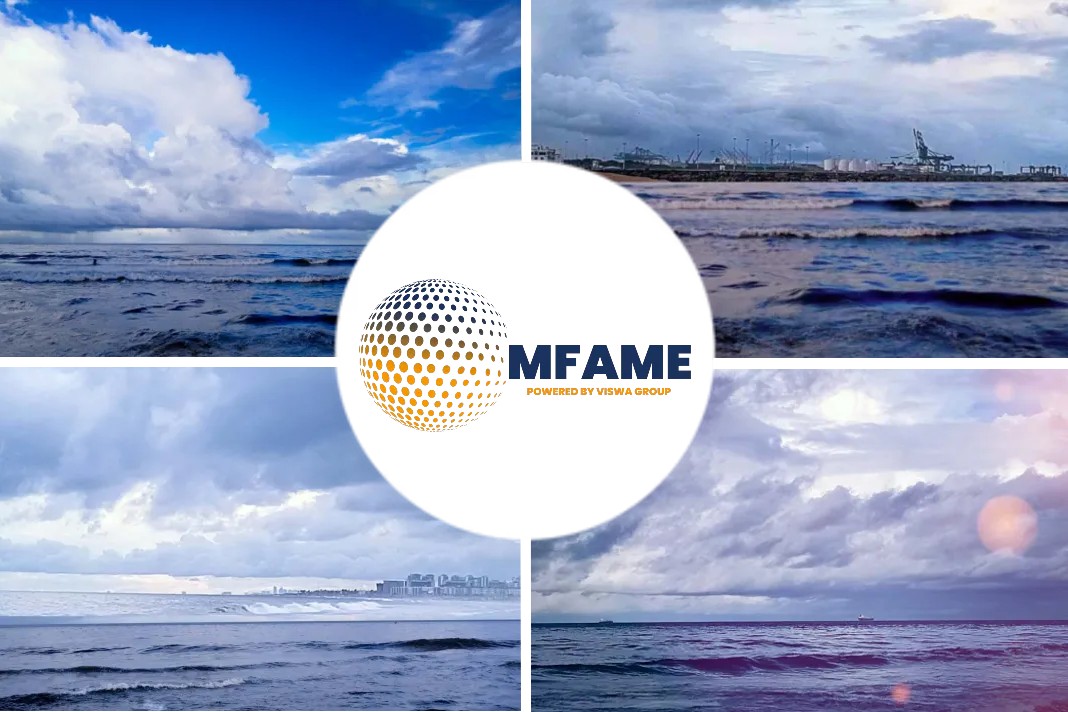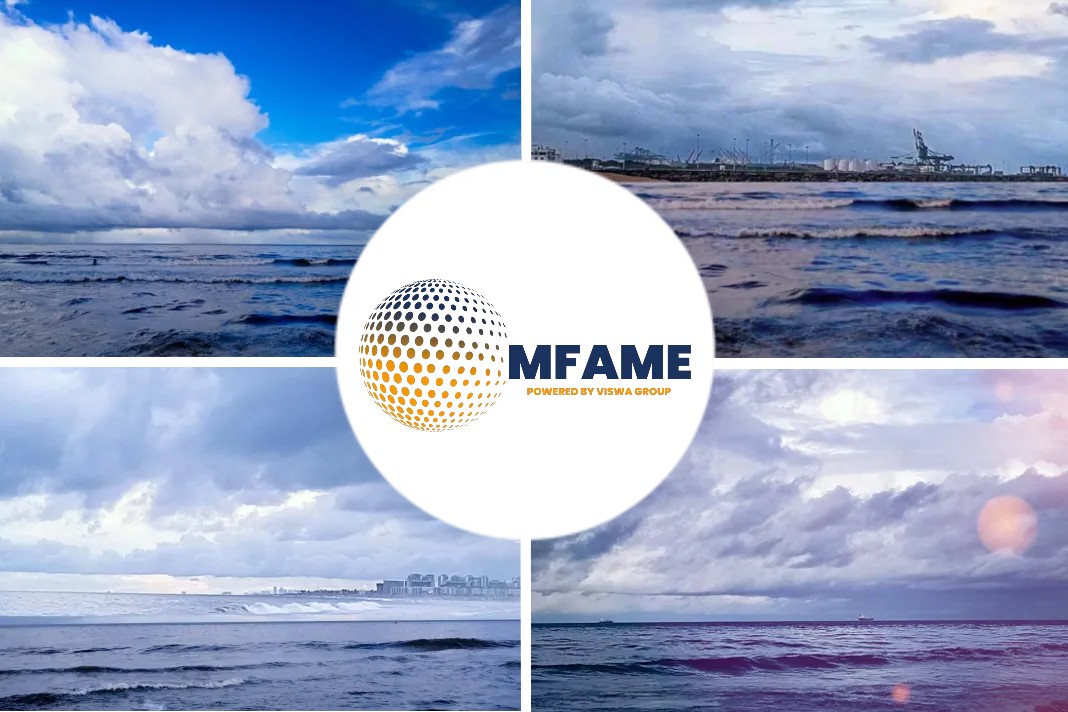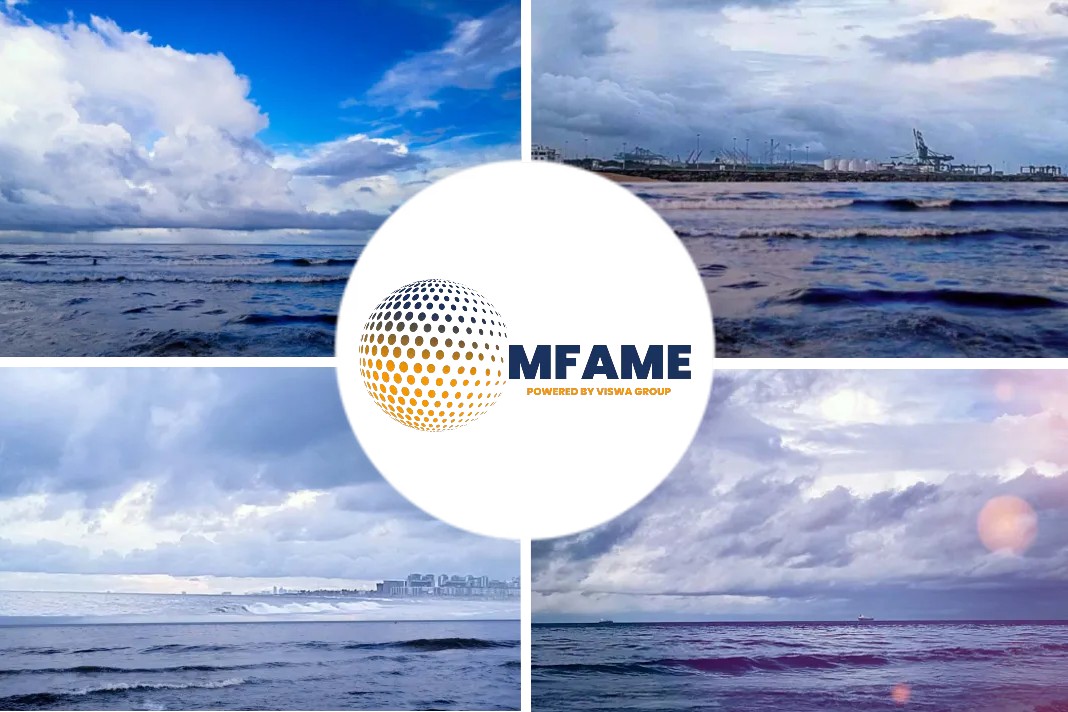- IBM has joined an international effort to build an unmanned, fully autonomous transatlantic research vessel.
- MAS will use IBM’s AI, servers, cloud, and edge computing technologies to navigate autonomously and avoid ocean hazards.
- Plymouth University will analyze water samples from MAS as it sails across the Atlantic to understand more about the microplastics in the ocean.
- Birmingham University will be responsible for the use of virtual, augmented and mixed reality technologies in the MAS mission.
According to an article published in The Engineer, IBM has joined an international effort to build an unmanned, fully autonomous transatlantic research vessel that is set to launch on the fourth centenary of the original Mayflower voyage.
Mayflower Autonomous Ship
Marine research organization ProMare is leading the development of the Mayflower Autonomous Ship (MAS), which will use IBM’s AI, servers, cloud, and edge computing technologies to navigate autonomously and avoid ocean hazards as she sails from Plymouth, England to Plymouth, Massachusetts on September 2020. If successful, it will be one of the first self-navigating, full-sized vessels to cross the Atlantic Ocean.
“Putting a research ship to sea can cost tens of thousands of dollars or pounds a day and is limited by how much time people can spend onboard – a prohibitive factor for many of today’s marine scientific missions,” said Brett Phaneuf, a founding board member of ProMare and co-director of the Mayflower Autonomous Ship project. “With this project, we are pioneering a cost-effective and flexible platform for gathering data that will help safeguard the health of the ocean and the industries it supports.”
Research pods carrying sensors and instruments
The vessel will carry three research pods containing sensors and scientific instrumentation that scientists will use to advance understanding in several areas including maritime cybersecurity, marine mammal monitoring, sea level mapping, and ocean plastics. The work will be coordinated by Plymouth University with support from IBM and ProMare.
Water sample analysis
According to a study conducted by One Poll for IBM in the UK, more Britons are concerned about plastics in the ocean than any other form of plastic pollution, and 80 percent are worried about microplastics ending up in food. Plymouth University will analyze water samples from MAS as it sails across the Atlantic to understand more about the origin, distribution and potential impact of microplastics in the ocean.
“Microplastics present a substantial challenge to our oceans,” said Professor Richard Thompson, OBE, director of the Marine Institute, Plymouth University. “Over 700 species come into contact with marine litter which is found from the poles to the equator, and estimates are that the quantity of plastic in the oceans will triple in the decade to 2025. The Mayflower Autonomous Ship gives us the opportunity to rethink how to collect data and further our understanding of this global issue.”
Birmingham University to lead MAS mission
Birmingham University will be responsible for the use of virtual, augmented and mixed reality technologies in the MAS mission. To this end, Birmingham’s Human Interface Technologies (HIT) Team is leading the development of a Mixed Reality Telepresence Science Station which will allow school children and members of the public around the world to experience the transatlantic mission.
IBM’s PowerAI Vision technology
IBM said its PowerAI Vision technology and Power Systems accelerated servers will help ProMare build deep learning models capable of recognizing navigation hazards as they come into view of MAS’s onboard video cameras. Trained in real data and images from Plymouth Sound in the UK, MAS will recognize buoys, debris, and other ships and will have constant situational awareness thanks to RADAR, AIS (Automated Identification Systems) and LIDAR.
Collection and analyzation of ship data
IBM added that during the voyage, edge devices will collect and analyze ship data and store it locally. When connectivity is available, it will be uploaded to onshore edge nodes. ProMare and IBM will then update the deep learning models and send them to the ship as required.
The hull of the Mayflower Autonomous Ship is currently being constructed and outfitted in Gdansk, Poland by Aluship Technology, before being transported to Plymouth, the UK later this year.
Did you subscribe to our daily newsletter?
It’s Free! Click here to Subscribe!
Source: TheEngineer















![[Watch] Silver Cloud Expeditions — Arriving November 2017](https://mfame.guru/wp-content/uploads/2016/12/VOD-80x60.jpg)